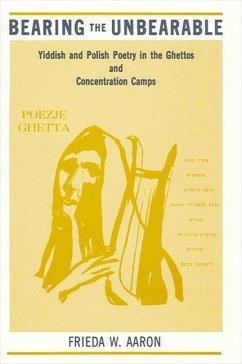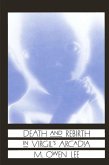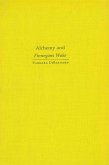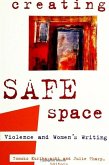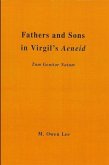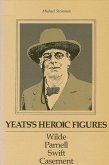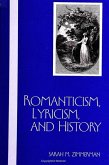This book is a pioneering study of Yiddish and Polish-Jewish concentration camp and ghetto poetry. It reveals the impact of the immediacy of experience as a formative influence on perception, response, and literary imagination, arguing that literature that is contemporaneous with unfolding events offers perceptions different from those presented after the fact. Documented here is the emergence of poetry as the dominant literary form and quickest reaction to the atrocities. The authors shows that the mission of the poets was to provide testimony to their epoch, to speak for themselves and for those who perished. For the Jews in the condemned world, this poetry was a vehicle of cultural sustenance, a means of affirming traditional values, and an expression of moral defiance that often kept the spirit of the readers from dying. The explication of the poetry (which has been translated by the author) offer challenging implications for the field of critical theory, including shifts in literary practices--prompted by the growing atrocities--that reveal a spectrum of complex experimental techniques..
Hinweis: Dieser Artikel kann nur an eine deutsche Lieferadresse ausgeliefert werden.
Hinweis: Dieser Artikel kann nur an eine deutsche Lieferadresse ausgeliefert werden.

